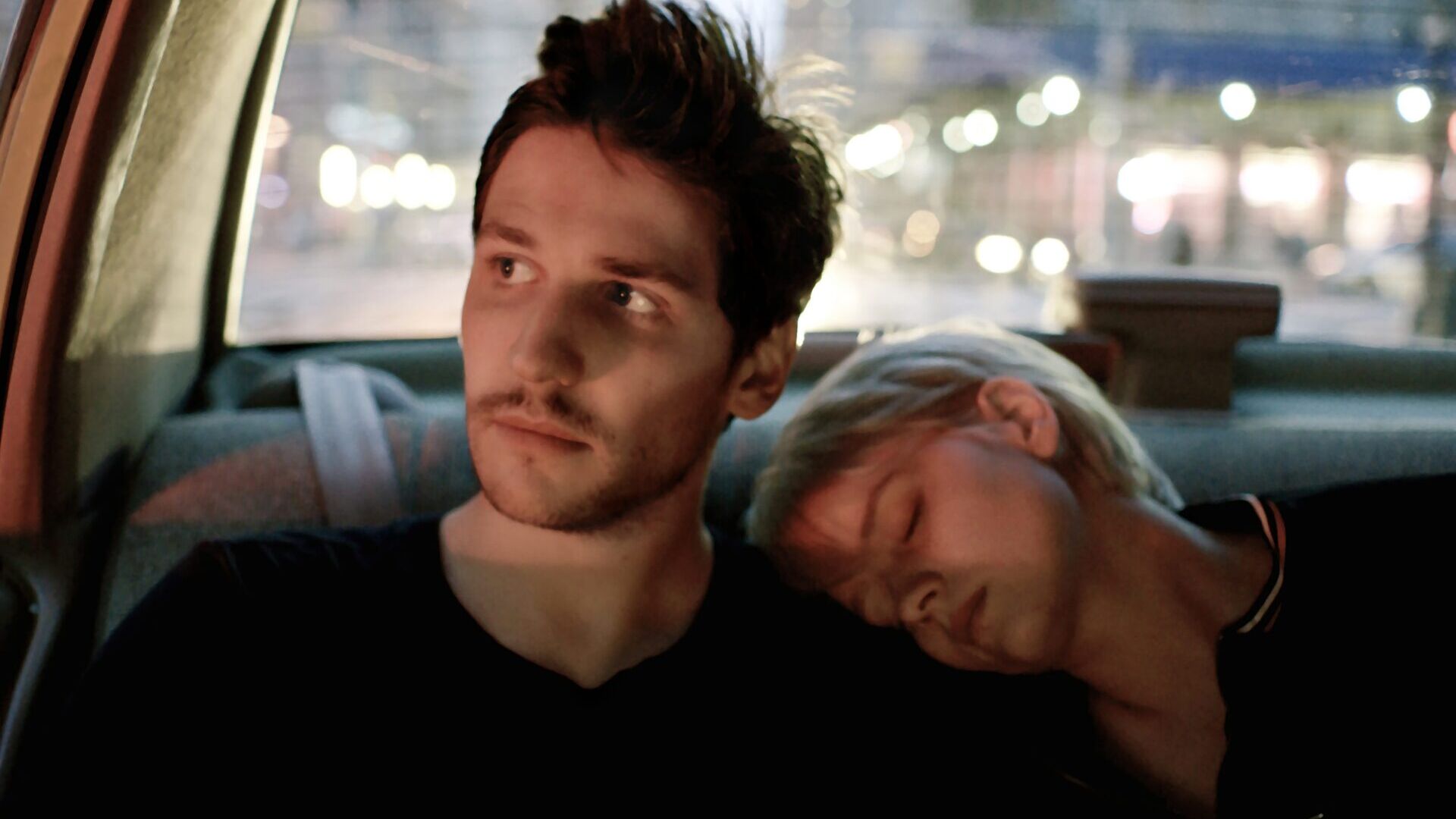When asked what it is about garage music that inspires him to become a DJ and member of the up and coming Parisian dance club scene, protagonist Paul (Félix de Givry) references the dichotomy between the mechanical nature of electronic music and the soulful vocal arrangements that often accompany it; “It’s like hot and cold”.
The pairing of homemade noise with melodies urging a strobe illuminated room to feel with its heart creates an atmosphere of synthetic highs in Mia Hansen-Løve’s unexpectedly quiet generational snapshot Eden. The culture of drugs, dance, and temporary happiness thrives as we watch Paul and his scene evolve over two decades of build ups and come downs while his floundering career fails to maintain both the beat and a pulse.
Like its British counterpart 24 Hour Party People, Eden effectively captures the time and place of musical revolution illustrating the draws and shortcomings of an increasingly global community. The paradox of the PLUR generation from the 1990’s onward is that peace, love, unity and respect only exist in this nocturnal utopia forever battling against the sunrise and the sobering real world problems in brings with it.
Some may find the film’s surface level lens slight, however the shallow end is where the music is playing and the lack of meaning is the inevitable revelation.
Paul’s ‘Cheers’ raves, a DJ duo he created in Daft Punk fashion with his friend Stan, yield minimal monetary returns and despite some recognition in the EDM world, Paul is unable to free himself from debt and a worsening drug addiction. Throughout the course of the film, Paul bounces around from various romantic obligations which, like his music scene, offer only temporary ecstasy.
While the narrative charts a somewhat predictable course, Hansen-Løve handles her subject with grace and understanding; her brother, Sven Hansen-Løve, is a cowriter and professional DJ himself which may give the film some additional industry credibility. Félix de Givry as Paul is subdued almost to a fault; his youthful naivety and boyish looks are little helped by facial hair in an attempt to age him over twenty years.
The scope of the film is ambitious and time is not always on its side. Sure we hear changes is the music, three Daft Punk records track the progression of the genre for even the most pedestrian of listeners, but the people and places remain frustratingly stagnant at times. There were also sections of Eden that fell emotionally flat; the scenes with Greta Gerwig as an American ex-lover felt awkward and tepid and much of Paul’s personal life is distant and eludes deeper examination.
Some may find the film’s surface level lens slight, however, the shallow end is where the music is playing and the lack of meaning is the inevitable revelation. I’m not confident that Eden is the EDM movie ravers have been waiting for, but both critics and advocates of the scene will find something to enjoy in this subcultural exploration of today’s most prominent musical movement.
‘Eden’ opens this Friday, June 19th, at the Nuart Theatre.


